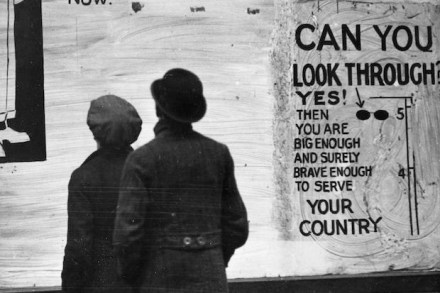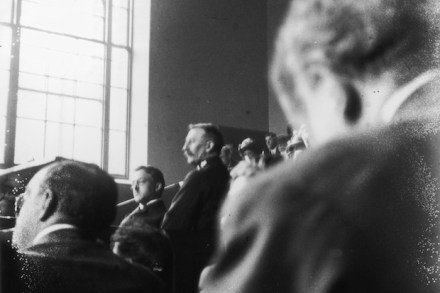The Spectator at war: The scales of loss
From The Spectator, 14 November 1914: We must make no attempt to conceal the terrible character of our losses. It is true that the German losses have been probably twice, or possibly even three times, as heavy, but that does not make our own losses the less awful. That we shall be able to make
















